ABOUT THE
PRIZE
“We must plant the sea and herd its animals using the sea as farmers instead of hunters. That is what civilization is all about - farming replacing hunting.”
The state of our oceans and freshwater systems is in peril. 500 million people depend on the fishing industry for their livelihoods, and over 2 billion people depend on seafood as their main or only source of protein. Overfishing, pollution and unsustainable practices are endangering these livelihoods and food security.
Communities from the Lobstermen of Maine, to the Usipa harvesters of Malawi, rely on fish for sustenance, income and community. Now, almost 30% of fisheries worldwide are depleted/over-exploited and 60% are already exploited to capacity. We are counting on young people everywhere to change these trends. This is especially important for the Kingdom of Morocco, which is the largest fishing market in Africa.
The Millennium Oceans Prize celebrates youth activism advancing Marine and Freshwater conservation, and sustainable use of oceans, seas, rivers, lakes and marine resources. Initiatives that champion sustainable fisheries will receive special consideration. The objectives of this Prize are reflected in the proposed United Nations Sustainable Development Goal #14. The Prize and Campaign it enables is supported by Millennium Campus Network (MCN) and the Remmer Family Foundation.
We are looking for campaign ideas that are concrete and can rally your peers to mobilize in this sector. How can you engage youth leaders on other campuses and in communities across the globe to fight for and champion advocacy and leadership for the oceans, freshwater systems, sustainable fishing, and marine conservation? Your campaign could take shape through activism, social entrepreneurship, or research. How will you mobilize your community and inspire youth leaders world-wide to take part in the fight for sustainable practices that protect our oceans and freshwater systems?
“Nobody, no matter whether an environmental advocate, a scientist, or a fisherman, will tell you that the oceans are what they were 10 years ago, 20 years ago, even...the abundance is just simply not there anymore.
”
The best part of this prize is the opportunity to cultivate a community of peers who care just as much about the oceans and marine resources as you do. Here are the specifics:
Up to $5,000 to implement your winning campaign
Mentorship and support from MCN
Co-curate campaign action groups, mobilizing and coordinating with peers who are passionate about SDG 14
Write for our media partners about your campaign
Co-curate global webinars with the MCN and the Remmer Family Foundation during the academic year to keep peers engaged and involved.
Nov 10, 2024: 11th Annual Millennium Ocean Prize Opens
January 31st, 2025 - 11:59 pm EST: Priority I Deadline - Early applications strongly encouraged.
February 28th, 2025 - 11:59 pm EST: Priority II Deadline
April 30th, 2025 - 11:59 pm EST: Final Deadline
April 2025- June, 2025: Review Period
July 2025: Finalists invited for a brief interview
August 2025: 11th Annual Millennium Oceans Prize winner announced
August 2025-May 2025: Campaign is in action
Summer/Fall 2026: Campaign results shared
Near-shore fishers from local communities are critical to meeting most of the world’s demand for fish (and fish are most of the world's main or only source of protein); However, increasing fishing efforts over the last several decades have pushed many near-shore fisheries to the brink of collapse: In trying to meet the increasing global demand for fish, these fishers are competing, working harder and longer. This causes overfishing, depleted fish stocks, and damage to fish habitats. The result of this competition for fish could be no more food or livelihood for anyone.
The health of our oceans and fisheries is not a single issue; This is an issue that is connected to many others, including hunger, jobs for communities in developing countries, public health, and many more. In this Ted Talk, Jackie Savitz outlines how fixing the world's oceans could help to feed the planet's billion hungriest people.





